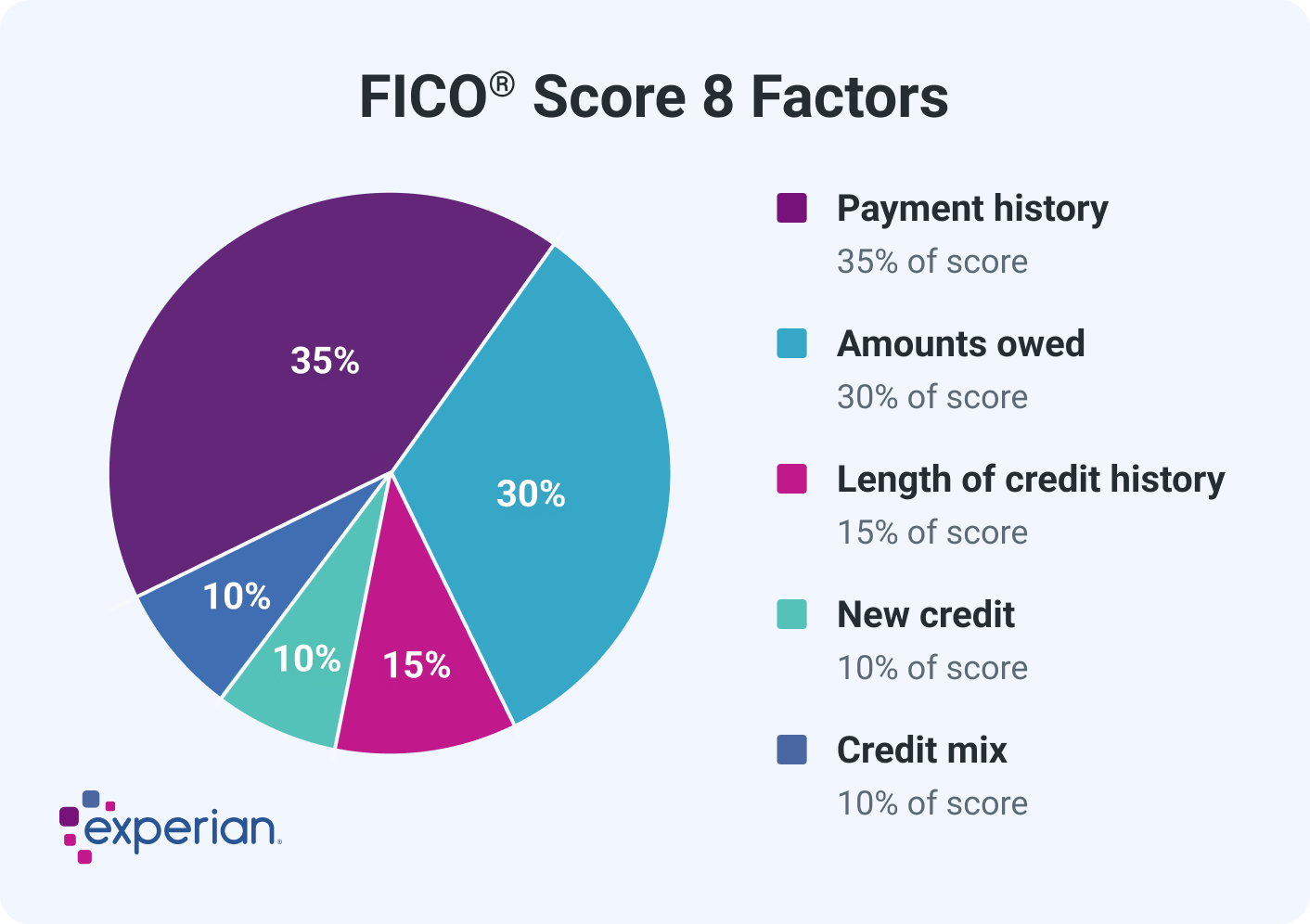Credit Scores Explained: How They Work and How to Improve Yours.

Learn what a credit score is, how it’s calculated, and practical ways to improve your credit. Boost your financial health with this comprehensive guide for 2025.
Why Credit Scores Matter.
Your credit score is more than just a number—it’s a key that can open (or close) doors to financial opportunities. From buying a home to getting approved for a car loan or credit card, your credit score impacts many aspects of your financial life.
Whether you're building credit from scratch or trying to bounce back from a low score, this guide will break down what credit scores are, how they work, and how you can improve yours—starting today.
What Is a Credit Score?.

A credit score is a three-digit number that reflects your creditworthiness—essentially how risky you are to lenders. It helps lenders determine how likely you are to repay debt.
Credit Score Ranges (FICO Score):
- Excellent: 800–850
- Very Good: 740–799
- Good: 670–739
- Fair: 580–669
- Poor: 300–579
How Is Your Credit Score Calculated?.
Credit scoring models like FICO and VantageScore use several factors to calculate your score:
1. Payment History (35%)
- On-time payments = positive impact
- Late or missed payments = major negative impact
2. Credit Utilization (30%)
- This refers to how much credit you’re using compared to your total limit.
- Keep it below 30% to boost your score.
3. Length of Credit History (15%)
- The longer your credit accounts have been open, the better.
- Don’t close old accounts unless necessary.
4. Credit Mix (10%)
- Having different types of credit (credit cards, loans, mortgages) helps.
5. New Credit Inquiries (10%)
- Too many hard inquiries in a short time can lower your score.
Why Your Credit Score Matters.
A strong credit score can help you:
- Qualify for lower interest rates.
- Get approved for mortgages, auto loans, and credit cards.
- Secure credit limits .
- Pass rental applications.
- Even influence job applications in some industries
How to Check Your Credit Score.
You can check your credit score for free through:
- Credit card providers (e.g., Discover, Capital One).
- Personal finance apps like Credit Karma or Credit Sesame.
- AnnualCreditReport.com for full credit reports (free weekly through 2026)
Checking your score through these methods does not affect your credit.
Tips to Improve Your Credit Score.
1. Pay Bills On Time—Always
Set up auto-pay or reminders. Even one missed payment can stay on your report for 7 years.
2. Reduce Your Credit Card Balances
Keep balances low—ideally below 30% of your limit. If possible, pay in full.
3. Don’t Close Old Credit Accounts
Older accounts boost the length of your credit history. Keep them open unless there's a fee.
4. Limit New Credit Applications
Too many hard inquiries can hurt your score. Only apply when necessary.
5. Use a Secured Credit Card (if rebuilding)
Secured cards help those with poor or no credit build history safely.
6. Become an Authorized User
Ask a trusted friend or family member to add you to their card account. You’ll benefit from their good payment history.
Credit Myths Debunked.
❌ Checking your credit score lowers it.
✅ False. Soft checks don’t impact your score.
❌ Closing old accounts helps your score
✅ False. It can reduce your average credit age and raise utilization.
❌ You need to carry a balance to build credit
✅ False. You can build credit by using cards and paying off balances in full.
How Long Does It Take to Improve Your Score?.
Credit improvement is a gradual process. Here’s a general timeline:
- 1–2 months: Correct errors on your report.
- 3–6 months: Reduce credit utilization and make consistent payments
- 6–12 months: Establish stronger history and increase limits
Fixing Credit Report Errors.
Errors can drag your score down unfairly. Check for:
- Wrong account balances.
- Inaccurate late payments.
- Accounts you didn’t open.
Dispute them via:
- Experian.
- TransUnion.
- Equifax.
Use online tools or send a written dispute letter for best results.
A good credit score isn’t just about bragging rights—it’s a critical tool for financial success. By understanding how scores work and taking smart steps to build or repair yours, you can open doors to lower interest rates, better loan options, and more control over your financial future.
>



